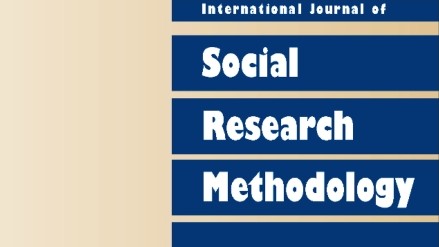New publication in International Journal of Social Research Methodology

Measuring respondents’ attitudes is a crucial task in numerous social science disciplines. A popular way to measure attitudes is to use survey questions with rating scales. However, research has shown that especially the design of rating scales can have a profound impact on respondents’ answer behavior. While some scale design aspects, such as scale length and direction, are frequently researched, some other scale design aspects, such as scale midpoint and polarity, are under-researched. In this study, we therefore investigate the effects of mismatches between scale midpoints and scale polarity – i.e., unipolar ‘moderately’ vs. bipolar ‘partly/partly’ middle options in unipolar scales – on respondents’ answer behavior. We conducted an experiment in a smartphone survey (N = 1,641) and randomly assigned respondents to one of two scale conditions (match vs. mismatch). The results reveal that mismatches between scale midpoints and scale polarity slightly affect respondents’ answer behavior. More specifically, mismatches cause small but significant shifts in latent means. Thus, mismatches pose a threat to attitude measurement.
